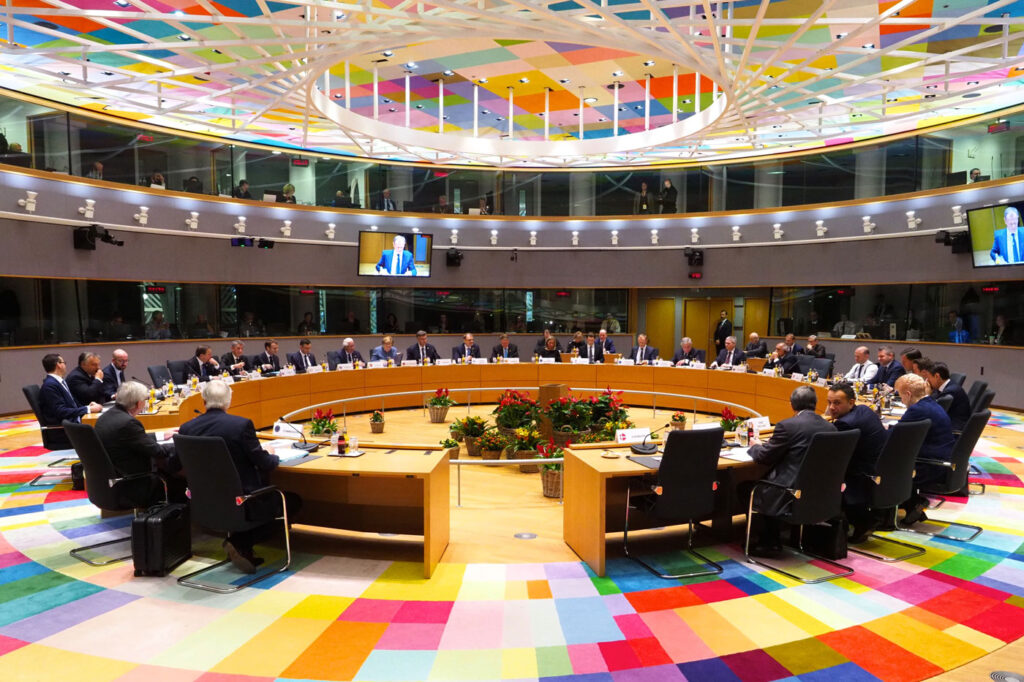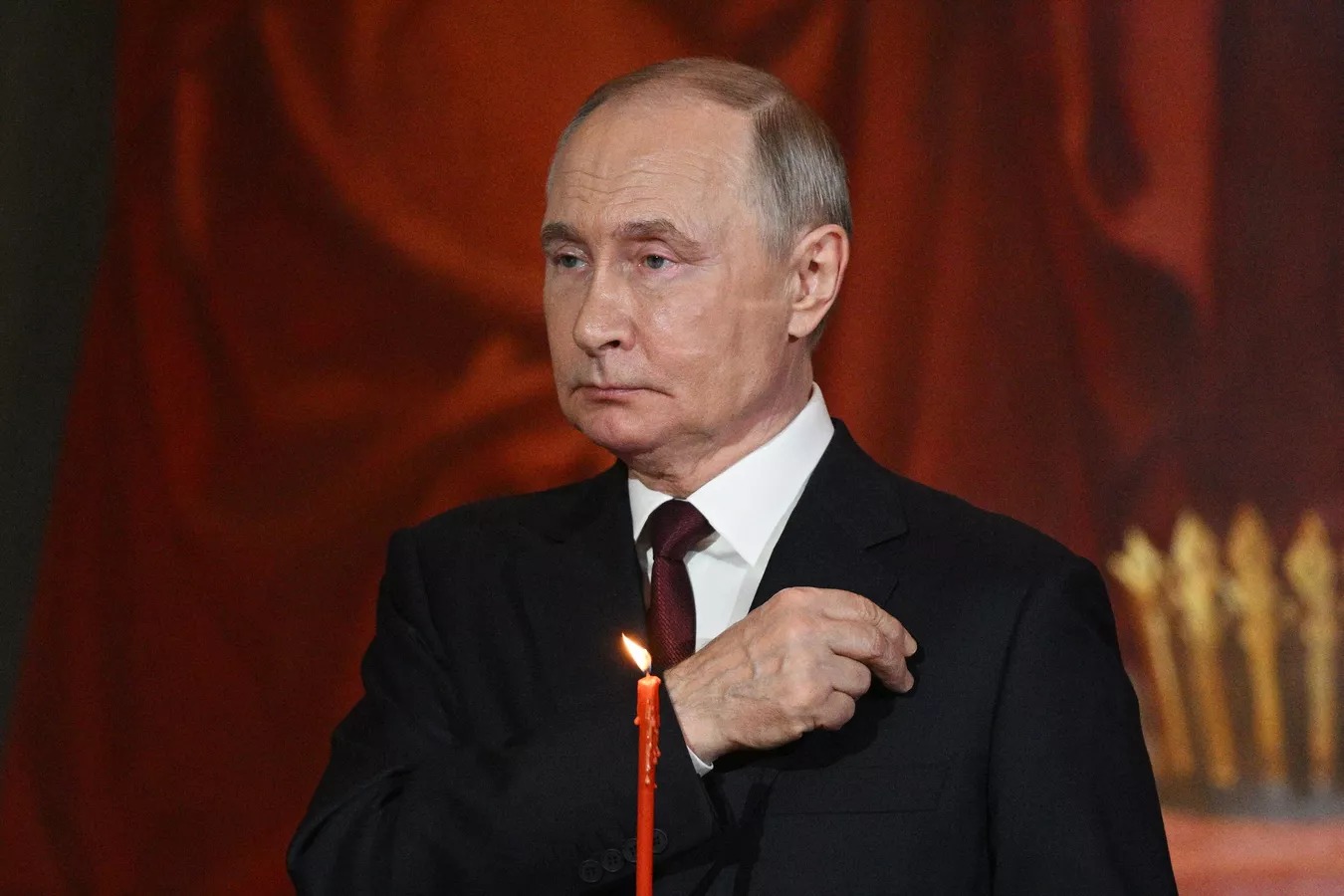ISW: Moscow scrambles to downplay EU’s crushing new sanctions

As the EU ramps up economic pressure, the Kremlin scrambles to downplay sanctions by pushing claims of immunity and resilience. But behind the bravado, top Russian officials are quietly conceding the growing toll on the country’s economy, according to the think tank Institute for the Study of War (ISW).
Russian officials claim immunity while signs of economic damage emerge
ISW reported on 18 July that Russian officials are continuing to falsely claim that the European Union’s newest sanctions have no significant impact on the Russian economy. Kremlin Spokesperson Dmitry Peskov alleged for no reason that the EU’s sanctions are illegal, and insisted Russia had already adapted to life under restrictive measures. He stated that the Kremlin would analyze the effects of the latest sanctions package and minimize their impact. Peskov also stated that the sanctions ostensibly ultimately harm those who imposed them.
Russian Security Council Deputy Chairperson Dmitry Medvedev responded to the EU’s newest package by asserting that Russia’s stance remains unchanged and that the country’s economy will endure. He went further, threatening to increase strikes on Kyiv and other Ukrainian cities — which has already been happening for years. Medvedev declared that Russia must learn to “hate” the EU and what he described as its “Russophobia” as much as its ancestors did.
Kirill Dmitriev, CEO of the Russian Direct Investment Fund (RDIF) and Putin’s Special Representative for Investment and Economic Cooperation with Foreign Countries, echoed similar showy defiance. He claimed that the sanctions hurt Europe more than Russia by closing Russian markets to European businesses and disrupting the continent’s energy supply. Meanwhile, Head of the Russian State Duma Committee on Financial Markets Anatoly Aksakov dismissed the new financial sanctions as insignificant, calling them “just a fluctuation in the air,” since Russian banks were already operating under EU restrictions.
Top Russian ministers admit critical sanctions impact
Despite these bold public statements, ISW highlighted that some senior Russian officials are now quietly admitting that sanctions are taking a toll on the economy. The Moscow Times reported on 17 July that Russian Energy Minister Sergei Tsivilev recently told the Russian Federation Council that Western sanctions are making it difficult for Russian oil companies to obtain parts needed to repair refineries.
Russian Central Bank Chairperson Elvira Nabiullina openly stated on 19 June that Russia has “exhausted many of its free resources” since the start of the full-scale invasion and must now search for a new growth model. Minister of Economic Development Maxim Reshetnikov also acknowledged during SPIEF that the Russian economy stands “on the brink of recession.”
Kremlin relies on evasive schemes to soften sanctions blow
ISW underscored that sanctions evasion through the People’s Republic of China and other third-party networks is now a key pillar of Moscow’s strategy. The Kremlin has built a network of actors designed to bypass Western restrictions, and has started reconfiguring its economic policies and business models to survive sanctions in the long run. However, ISW wrote, hinting on Washington’s hesitation to adopt news sanctions against Russia:
“The EU’s newest sanctions are a positive step, but wider Western compliance and enforcement are necessary to inflict maximum economic pressure on Russia.“
EU’s latest sanctions package delivers economic strike
The EU’s 18th sanctions package, approved on 18 July by the European Council, sharply undercuts Russian oil revenues. It slashes the oil price cap to $47.60 per barrel, bans Nord Stream pipeline transactions, and blacklists 105 more shadow fleet tankers—bringing the total to 444. It also targets entities tied to Rosneft and ends Czechia’s exemption for Russian oil.
Refined products from Russian crude are banned unless processed in select Western countries. Though the Kremlin budgeted for losses, these sanctions are expected to cut far deeper—threatening the third of federal revenue tied to oil.
Read also
-
ISW: Russia is “burning the candle at both ends”—bankers quietly brace for bailouts
-
EU agrees on new Russia sanctions package targeting energy and finance
-
Kremlin’s mouthpiece calls Europeans “imbeciles,” says strikes on Kyiv will intesify after EU imposed new sanctions against Putin’s war machine
-
London also slashes price cap on Russian oil to $47.60 per barrel after EU’s sanctions adoption
